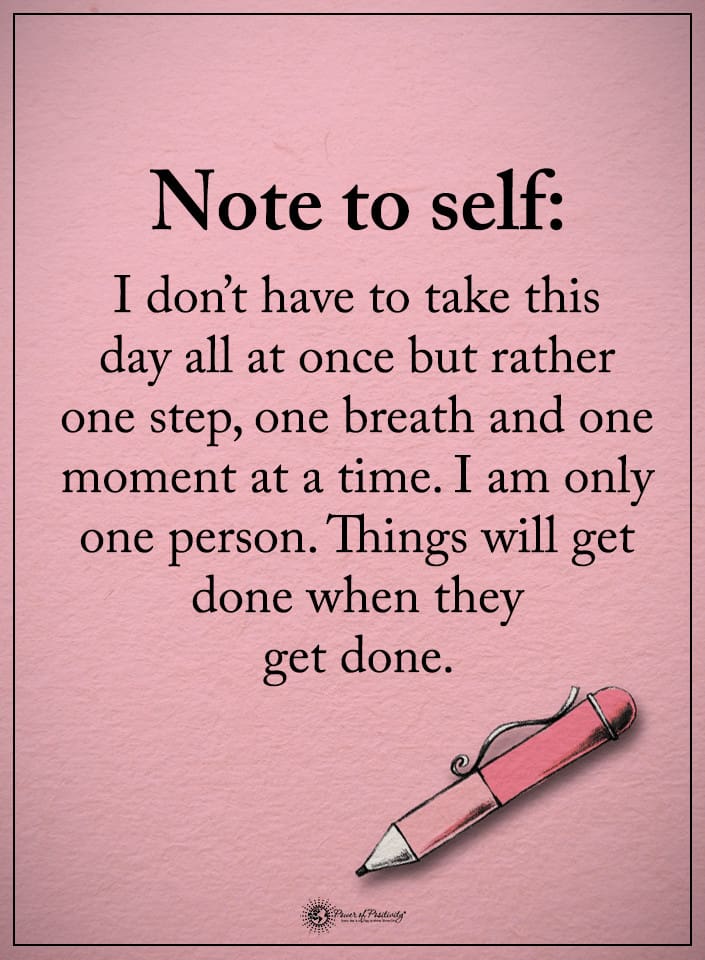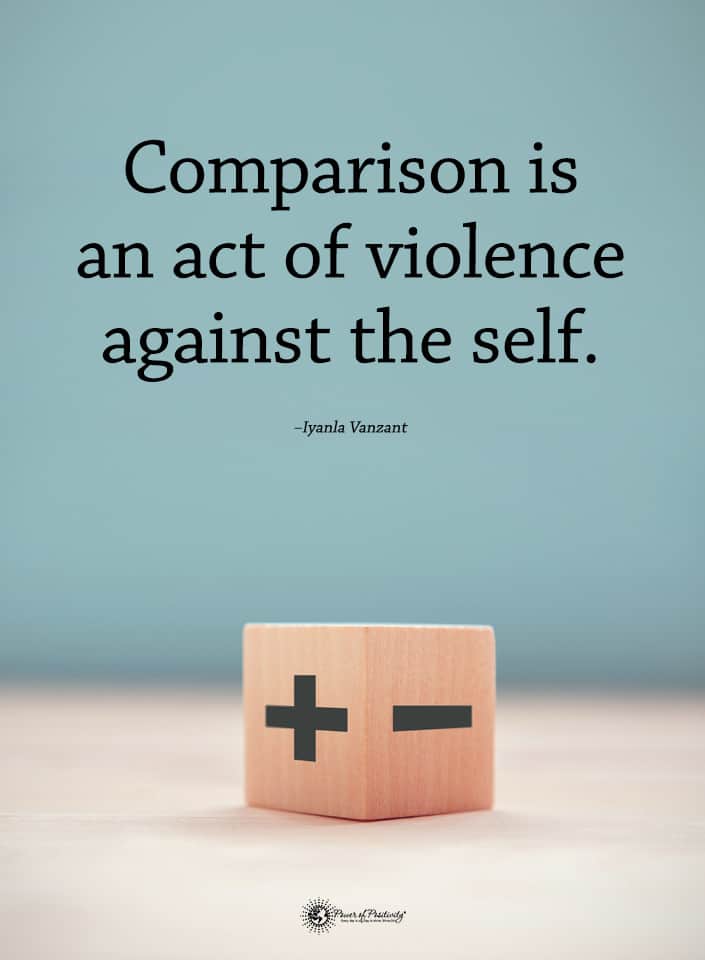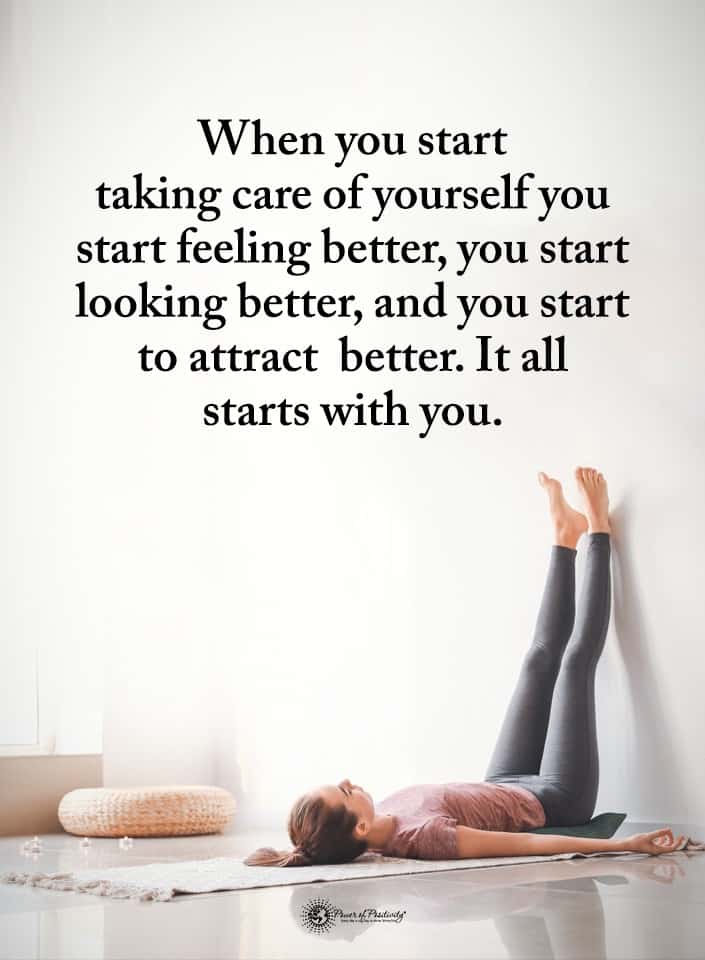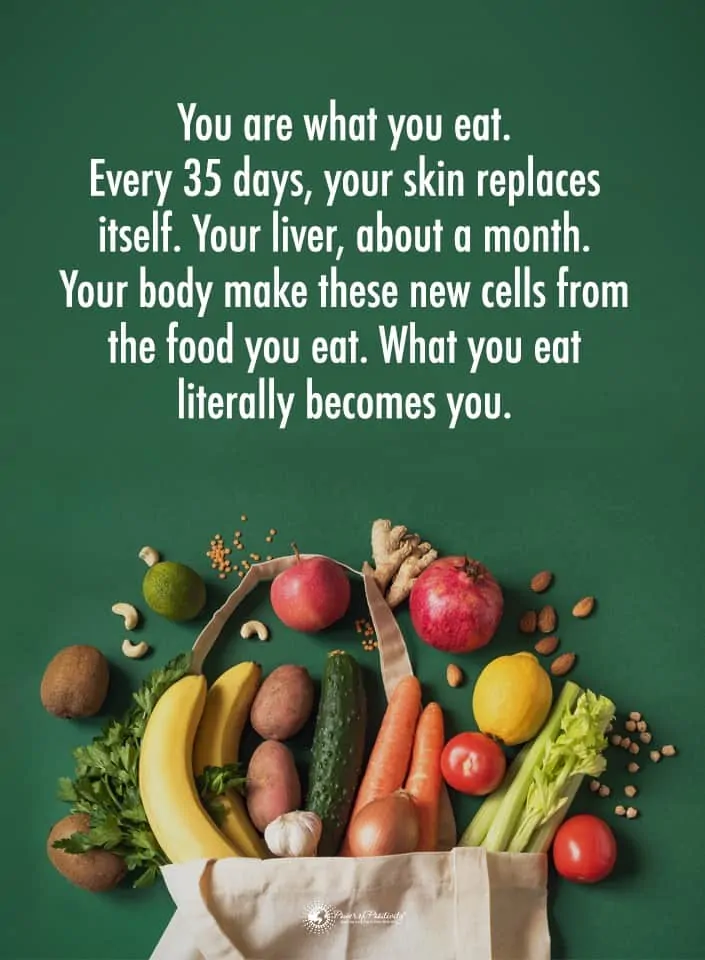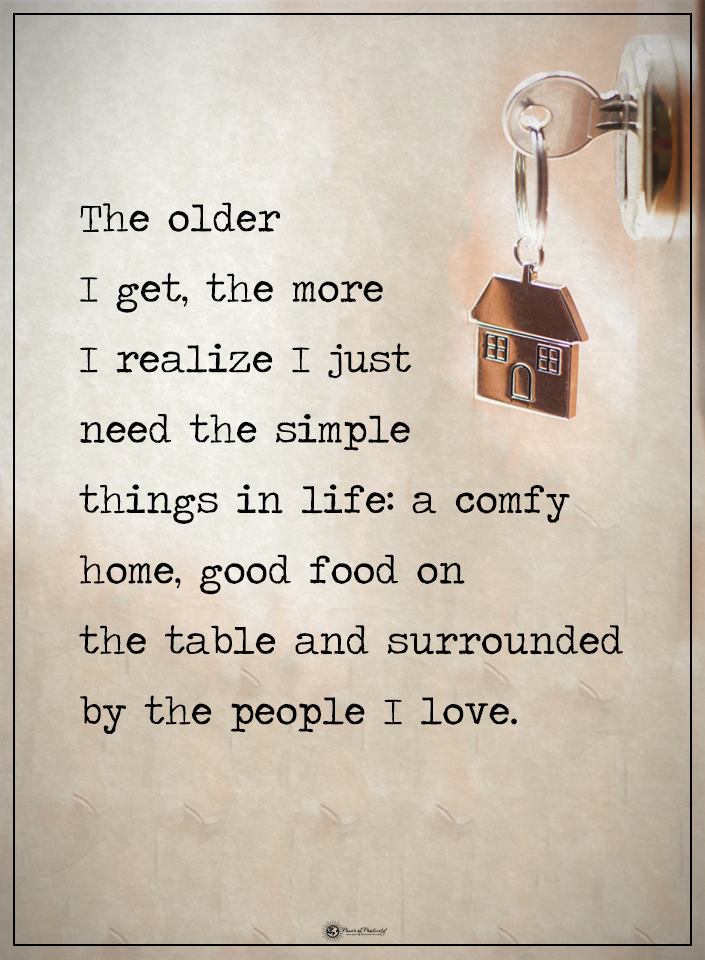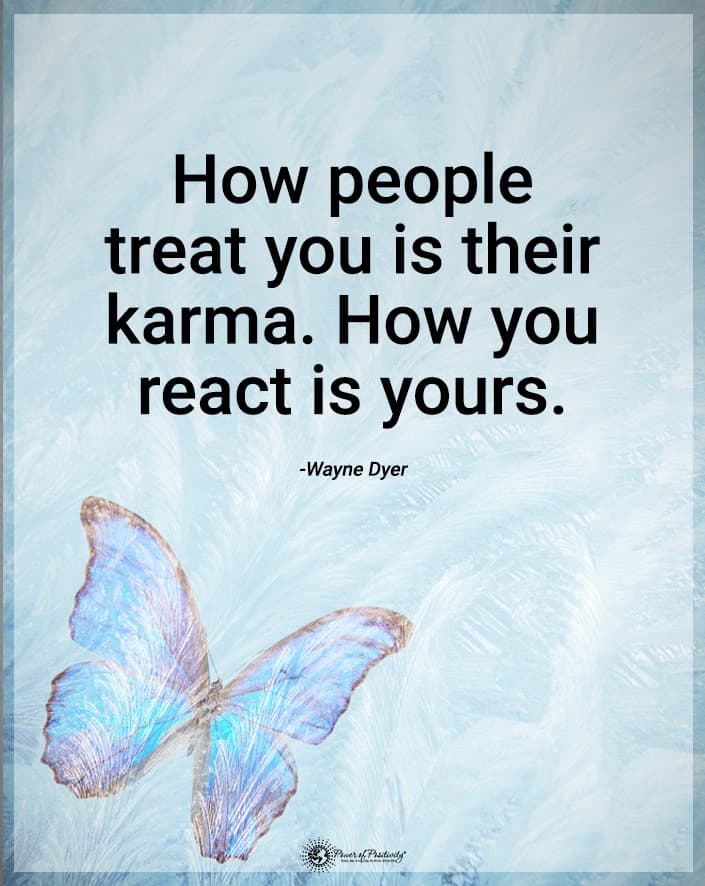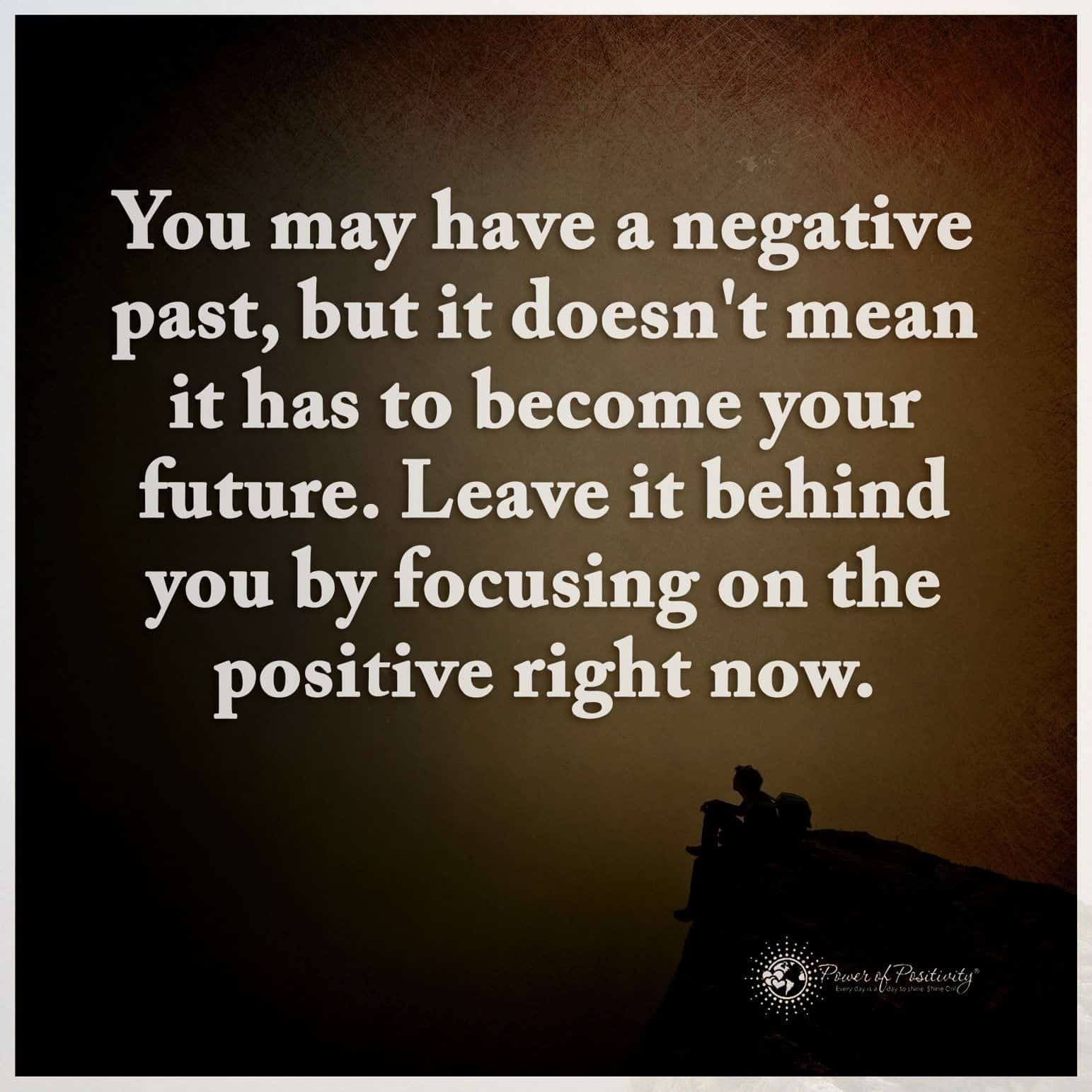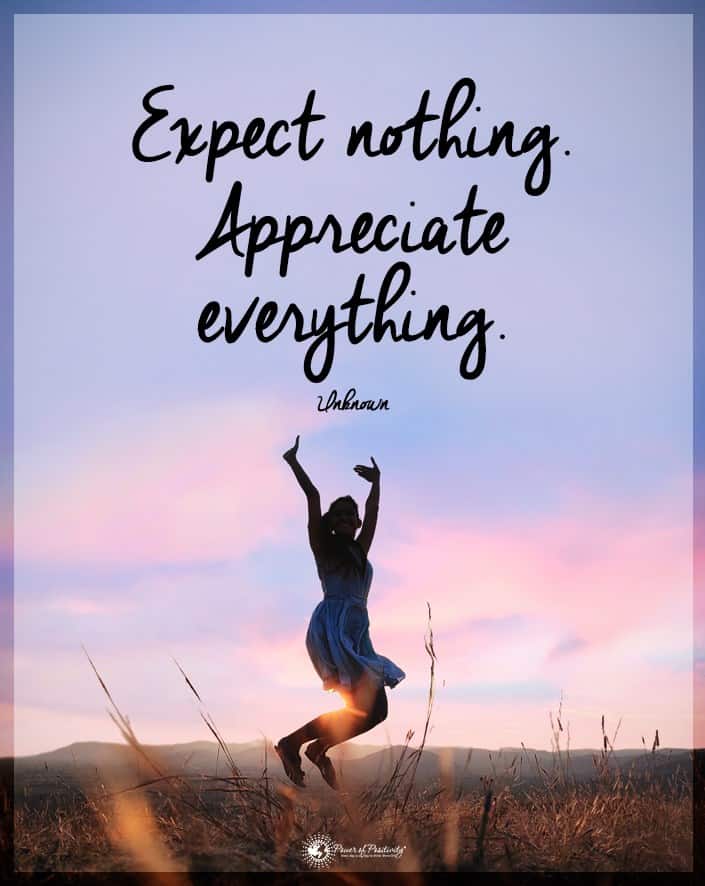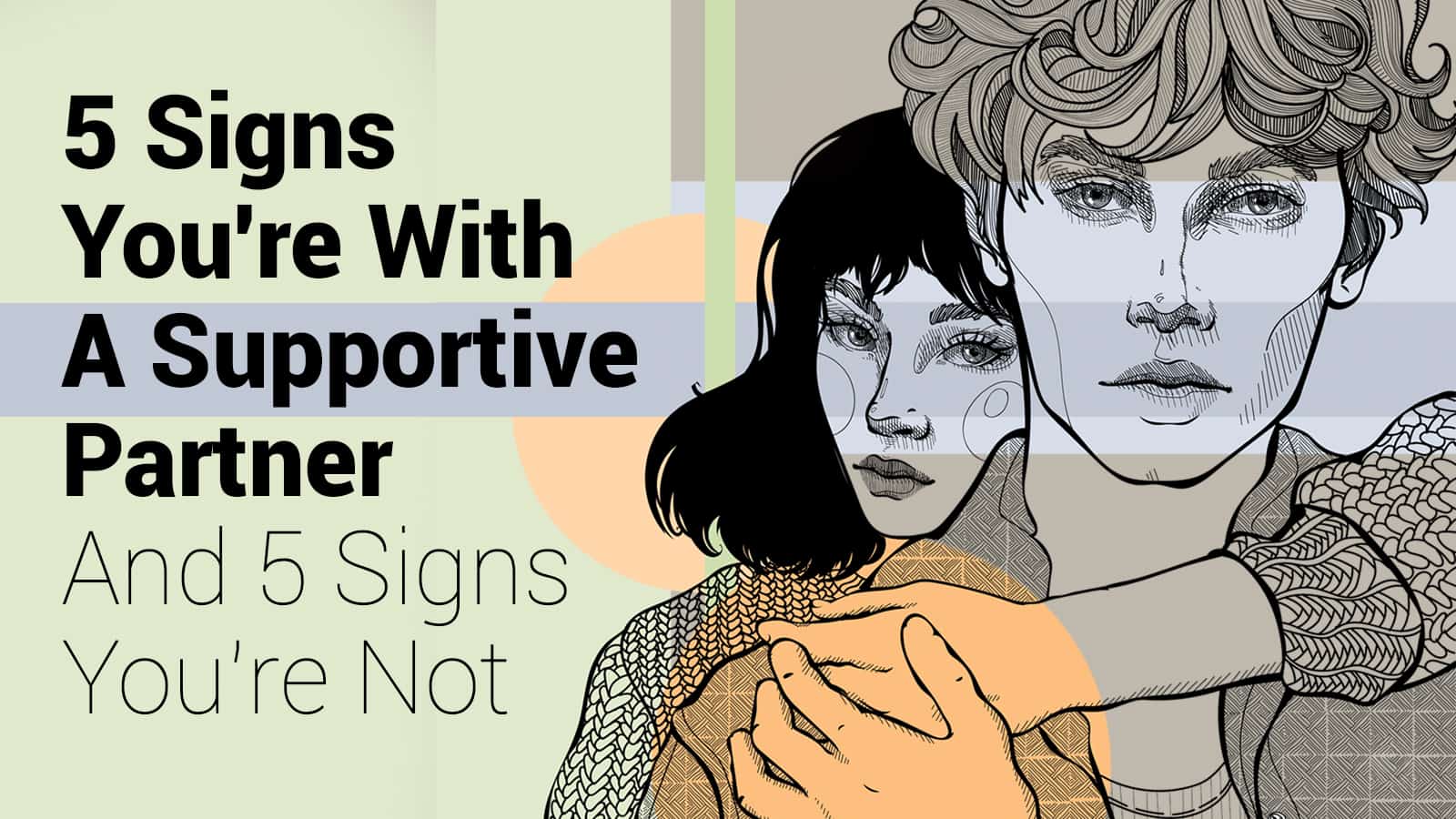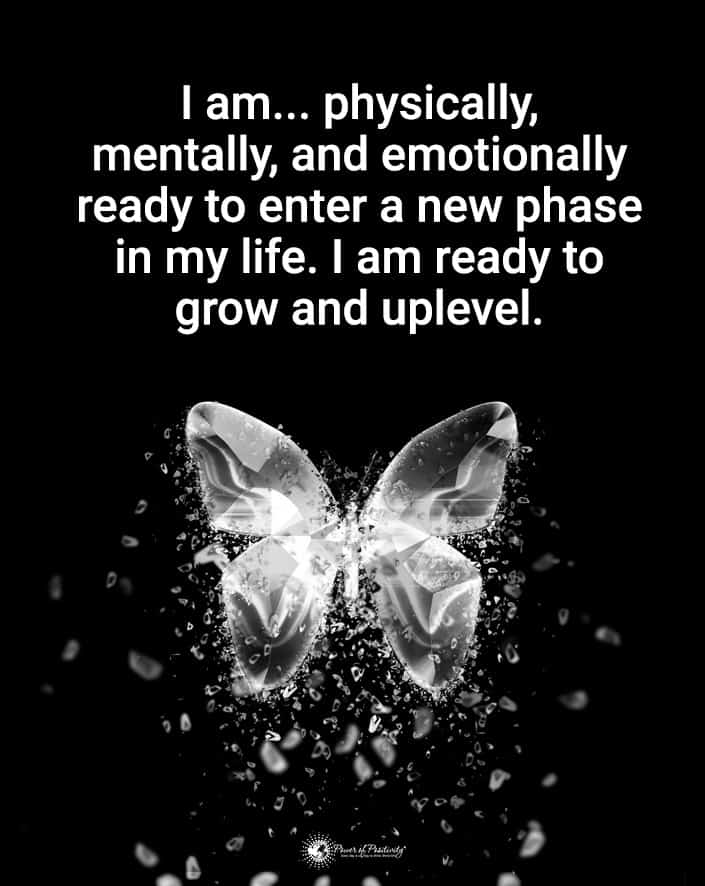Educators and art teachers worldwide have realized that art serves as a valuable teaching tool, especially for teens. In a world so focused on achievement and test scores, art offers an escape from these pressures. It’s also an outlet for self-expression and can reduce anxiety, depression, and stress.
Teens today have markedly higher rates of mental illness compared with past generations. They face compounding stresses from the environment, finances, family life, social media, and the general anxiety of modern living. With all of these pressures piling on them, it makes it challenging to maintain a positive outlook. Teachers recognize the hardships young people face and use art as a teaching tool to help them cope.
Art comes in many forms, such as painting, drawing, singing, graphic design, and making TikTok videos. Many older people look down on social media, but it does have its perks. It can serve as an outlet for younger generations and may even help them learn new skills. Many TikTok videos teach people to cook, draw, paint, tell stories, or even perform magic tricks.
It’s not surprising that teens feel drawn to the platform since it helps motivate and inspire them. However, other traditional art mediums still appeal to younger generations as they turn to art therapy for healing.
3 Innovative Educators Who Use Art as a Valuable Teaching Tool for Teens
Art teachers hope to spread the message that school isn’t just for memorizing information to pass tests. Schools today focus entirely too much on metrics and not enough on creative expression. However, the art educators featured below aim to change that, at least a little.
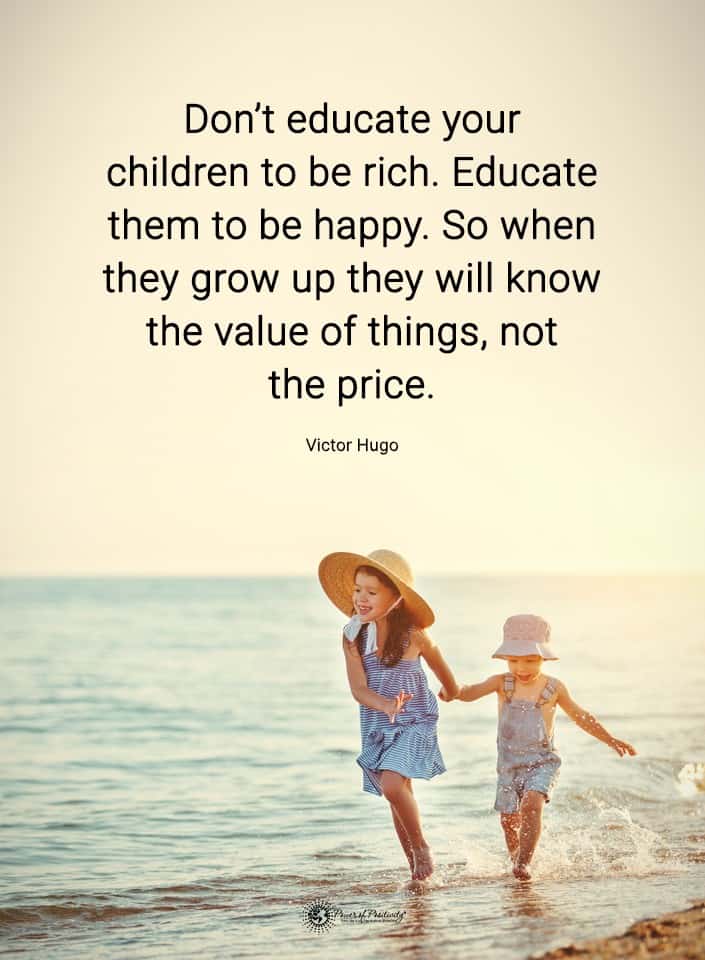
1 – Stephanie Keller
Stephanie Keller, a licensed creative art therapist for Counseling in Schools, helps middle schoolers work through difficult emotions with art. This teaching tool helps students connect with their feelings and make sense of challenging events in their lives. Since March 2020, when the pandemic began, Keller has been teaching middle school students from Queens, New York, via virtual learning. While it’s not an ideal way to learn, the students still look forward to their sessions together.
Keller says that it doesn’t just give students an outlet to express emotions; it also lowers stress and anxiety. Erikah, one of Keller’s students, says they’ve greatly benefitted from the teaching tool. It’s helped them work through anger issues, focus on schoolwork, and calm down after a frustrating event.
Keller typically starts the sessions with a prompt for the students and shows them several paintings to gauge their emotions. After asking which one resonates with them, they’re free to draw an illustration based on the prompt. Other times, she gives them a specific assignment, such as creating a painting on resilience based on the elements of nature.
Along with Keller’s empathy and kindness toward the students, this teaching tool helps them have a more positive outlook on life.
2 – Lauren Amigo
Another licensed creative arts therapist for Counseling in Schools, Lauren spent most of 2020 working with minority students at the Brooklyn Community High School for Excellence & Equity. The school community had been dealing with several emotionally trying events happening simultaneously. For one, Lauren said the school had been “particularly hard hit by the pandemic.”
Also, the world was reeling from the murder of George Floyd and the sometimes violent riots that ensued. Finally, the pandemic led to a rise in anti-Asian hate crimes, making Asian students at the school feel vulnerable.
With all these turbulent events, these at-risk students needed an outlet. Lauren says that using art as a teaching tool helped students process their emotions and provided a source of strength. Many of the students’ artwork depicted the pain and destruction resulting from racism. Lauren said a lot of them “used bright colors of red, which symbolized the slaughtering of many people that look like them.”
This prompted the idea for a larger project about the power of resilience. So, the school sent ceramic tiles to each student, and they worked in groups to express what personal resilience meant to them. When the students returned to school, teachers created a portable mosaic with the tiles. Lauren said this goal was to remind them of their strength in a more positive light.
3 – Tori Wardrip
Tori Wardrip teaches art at Lewis and Clark Middle School in Billings, Montana. She believes in art as a teaching tool to help kids struggling with mental health issues. During her time teaching, she’s seen the challenges students face with depression, anxiety, and other mental disorders.
This urged her to launch Creative Courage, a school support group for teens to talk about their feelings and combine nonverbal exercises. She says some students feel shy or vulnerable talking about emotions with others, so she gives them self-expression exercises. These may include emotional skills like self-awareness, social skills, and self-acceptance.
For example, students may create “mood mandalas,” using specific colors to express their emotions. They can also paint small “comfort” boxes and fill them with items that bring a sense of peace. Others list their worries and affirmations in “place book” journals, including phrases like, “Learn to accept your flaws and learn to accept beauty.” All students receive “place books” where they can jot their private thoughts down and process difficult emotions.
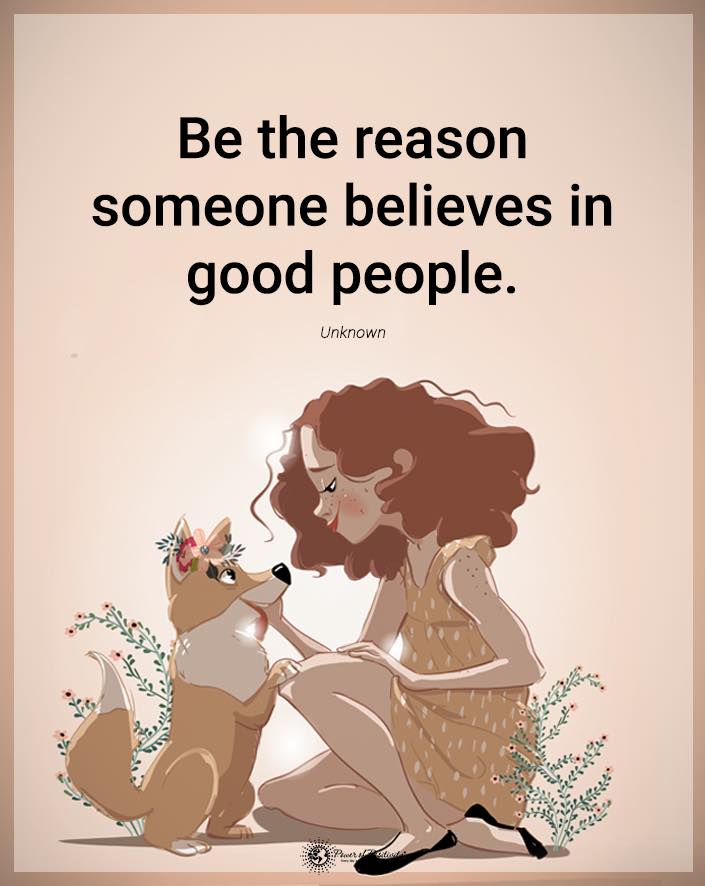
Final Thoughts on Educators Using Art as Teaching Tool
Art therapy has been around for decades, helping students process trauma, heal anxiety, or express themselves. It can also help students with specific mental disorders; for example, children with ADD show improved focus using art therapy. Art as a teaching tool can help children with autism communicate as well.
Art therapy benefits students of all ages, especially children and teens struggling with mental health. In today’s complex world, it’s more important than ever to teach students coping mechanisms. Thankfully, making efforts to include art in education can provide solace, comfort, and a means of self-expression during difficult times.

